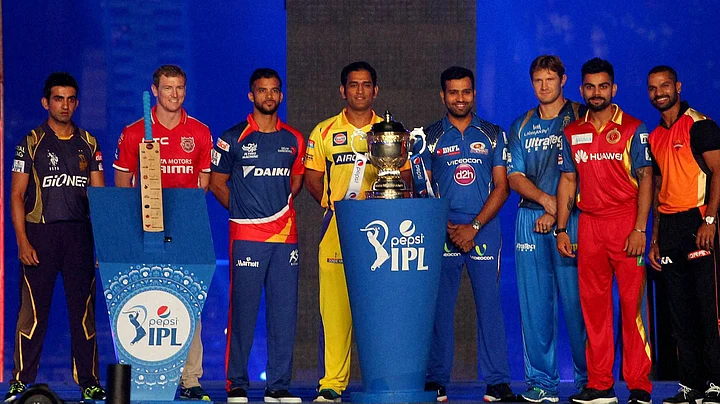In 1983 when India won the World Cup, the Board of Control for Cricket in India (BCCI) wanted to felicitate the heroes. But the BCCI then did not have the funds to do so. So, a Lata Mangeshkar musical was organised in Mumbai to help collect money for the then World Champions.
30 years have passed and the place cricket has in this country is so different now that the BCCI is being asked to invest money to promote other sports in the country.
It is this change in financial fortunes that has been the cause for the BCCI to attract attention from one and all.
This change happened owing to opening up of the airwaves which resulted in a level playing field for all television broadcasters. The BCCI was quicker than anyone else in the country to realise the potential of cable television as early as in 1993.
The Success Behind The Story
A landmark judgement of the courts helped the BCCI break the shackles of Doordarshan, who back then had the virtual veto over broadcast in the country. It is this revolutionary step which helped BCCI carve a niche for itself in the country. In terms of dreaming big, achieving massive bank balances with the power of television and simply exploiting the potential the Indian cricket board managed something that no one seemed to have mastered.
It was much later that Indian films realised the potential of marketing their products, much after cricket became India’s first big export in the 1990s. The BCCI therefore emerged as the subject of much envy in many circles as other sports bodies wilted under pressure. The other sports, most notably hockey, saw drop in popularity primarily because cricket was omnipresent on television.
This financial muscle was also born out of the fact that the purchasing power of the Indian consumer was increasing. As a result more sponsors from India spent money on world cricket. All this contributed to the BCCI emerging as a powerful voice (read: veto) in the world cricket boardrooms. The decisions started being tailored to ‘suit’ the Indian cricket system. A group of nations, especially those feeling disadvantaged by the old system, got attached to the BCCI and very soon they voted as one.
India’s rise to being the lone cricketing boardroom superpower was thus completed quite swiftly in just over a decade. This was a result of a variety of combinations: the fans, an open economy and open airwaves.
Sour Grapes?
What this power did was to attract people hitherto not seen anywhere close to the sport. The rich, the powerful and the ones in power all got attached to the sport, which seemed to have got maximum traction in every way possible. Government ministries got involved in the BCCI elections, departmental votes counted for a lot and so did party loyalties. In fact the most political of BCCI elections were the ones in 2004 and 2005 when a giant coalition of political forces was mounted to oust the dominant Jagmohan Dalmiya.
While the other sports organisations continued to remain fiefdom of some odd political personality or career administrators. The BCCI continued to be looked at with a lot of envy, for sports management was still an alien concept in the country. What BCCI did was quite simple: put a product (cricket) in the market and the forces (TV) just grabbed it. This was not sports marketing, but made eminent business sense. This was unique for the country not used to making money from any sport. For we have always loathed anyone making money while playing sport. BCCI broke that myth and empowered their superstars thereby.

It is this empowerment of the superstars which cause a lot of derision in the minds of their critics, which grew over time. The advent of the Indian Premier League (IPL) took cricket economy to another level. This was the first truly professional cricket product emerging out of the country. It was managed by a team of professionals for the first time in Indian cricket history. All the other sports bodies soon launched their own version of IPL.
Hindsight
It is here that the BCCI missed a trick, by not setting a trend that could have been followed by other sports bodies. They should have slowly unshackled itself from the honorary set-up and moved to being a truly professional 21st century sports organisation. It is this honorary set-up which has led the BCCI to being under scrutiny of the law. This would have been a trend setter and would have forced a sea change in the way sports is governed in India.
BCCI is not the worst run sports organisation in the country, as they have done a fair job of organising, co-ordinating and managing affairs of the sport. But there comes a time when sports administration needs to move to the next level.
BCCI needs to be setting the trend, because an efficient Team India off the field is as essential as the one on it. Sports management is not about sportspersons being in charge or about those in power knowing how to play. It is about qualified professional to doing a job that he or she is paid for to achieve maximum returns.
(At The Quint, we are answerable only to our audience. Play an active role in shaping our journalism by becoming a member. Because the truth is worth it.)
